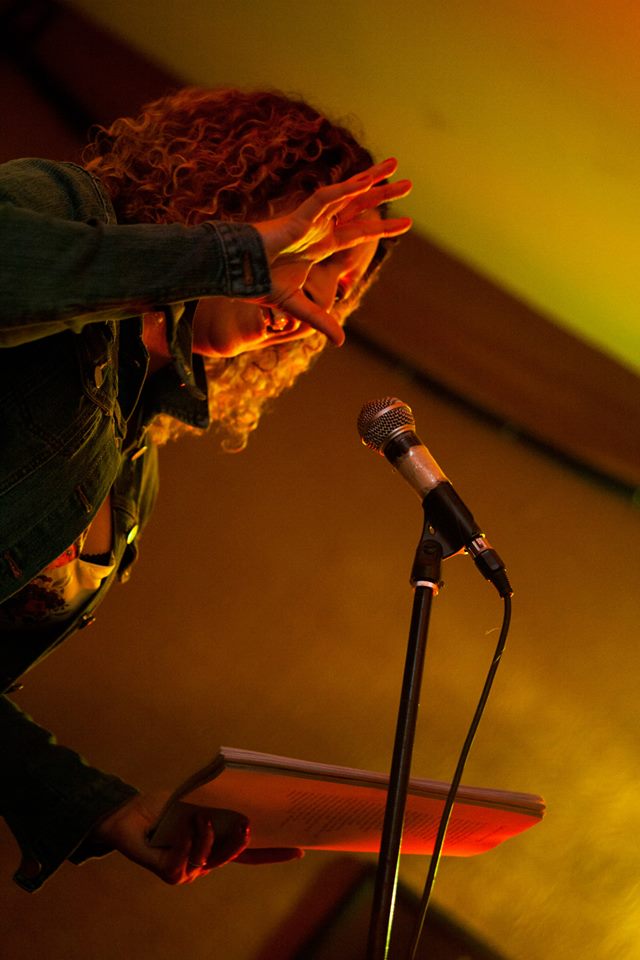
Described perfectly by Kerrang magazine as ‘everything the Daily Mail is terrified of’, it’s difficult to talk about Salena Godden as a poet, author or performer without using the adjective ‘dangerous’. After the recent release of both Fishing in the Aftermath (Poems 1994-2014) and memoir Springfield Road, she is more dangerous than ever. In order to get you salivating for the Wordlife Birthday celebrations on the 27th November (in which Salena takes a headline slot) she sat down with us and answered a few somewhat un-dangerous questions…
After recently releasing ‘Fishing in the Aftermath, a collection of poetry containing 20 years’ worth of poetry, how would you say you and your writing have evolved over your career?
We are constantly changing and growing. The only constant is change. It would be impossible for the writing not to change too. The approach to the work, the necessity to see it completed and published, the practice and the content.
‘Fishing In The Aftermath’ is a collection of over 80 poems written between 1994 to 2014, and the world has changed so much in those two decades, from the use of the internet to the war on terror, from the way poetry is published and broadcast to the diversity punching its way through too. When I was starting to perform in 1994 there were hardly any women and hardly any brown faces, we still have a long, long way to go, but things have changed radically and positively for books and music and poets since the 1990’s.
The author of those poems has grown and changed too. In the introduction to ‘Fishing In The Aftermath’ I talk about how I felt the poet in me changed when I was stranded in NYC on 9/11 – I still stick to that. I realised then that poets are the narrators of our times, that we are here to document the world in a way that a comedian and journalist cannot. The poets bring the heart to the subject. She can use comedy but she is not a slave to laughter. She can bring facts but she is not tied to keeping the story in realism. The poet brings the tenderness, the humanity, the love, that is why a poet wins in my view, I believe our poets are vital, especially now, in these trying times.
As a writer you’ve worked throughout poetry, prose, music and radio, so when you first come up with a writing idea, how do you decide which medium is most suitable?
I don’t choose really, I write it first and then it grows and tells me what it wants to be, a song or a poem, some prose or a performance. My head is a traffic jam of lines and titles and things I am working on. The truth is the invention of twitter has changed things for me as a poet, I used to write everything down, one liners and titles, now they are tweets that I take away and use as opening lines of poems or essays or stories or plays.
Radio is different though, when I make documentaries it is a different head space, that’s more like journalism, that’s telling the story, that’s like work.
If you could only be remembered by one piece of your own writing which would it be, and why?
Wow, another hard question… It would have to be Springfield Road. It took 8 years from initial first draft, to re-writes, to crowdfund and to finally see it published, that’s pretty much a decade of my life. It was a bumpy road and I went a bit mad getting it into print then getting it reviewed and read. That book taught me a lot, about practice, about writing and editing and memories, but also personal journey stuff, like to keep an eye on my impatience and expectations and ambition. Overall writing that book was a humbling experience but I wouldn’t change a thing.
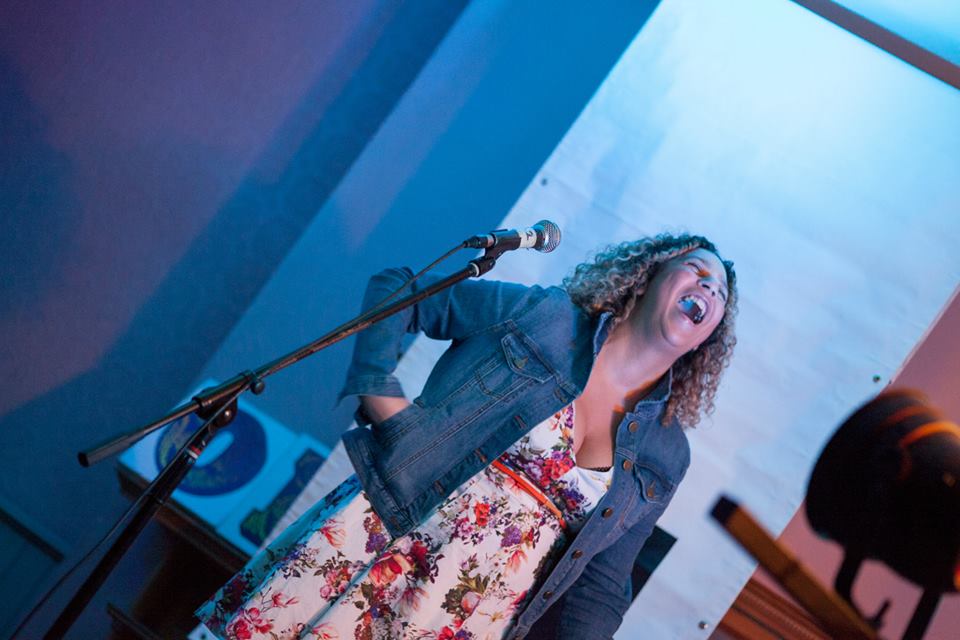
The general assumption is that poetry is auto-biographical and prose is not, how comfortable / uncomfortable was it reversing these assumptions with Springfield Road?
I think that universally the writer’s voice is the centre of everything, whether it is fiction or non-fiction or poetry, the writer is in the room of any good book or good poem.
Springfield Road was a memoir, so by definition its auto-biographical, but written by a poet it leaned into poetic prose at times. I recall how hard it was to get the voice and tone right, I mean, the original first draft was 130,000 words all in present tense! But I don’t own a time machine and this came across as disingenuous. You’ll notice it moves to and fro from adult woman writing and looking back to present tense as child, I remember the past and present tense took a lot of re-working for me, as it is all me, either then and there or here and now, as I was and as I still am.
Throughout Springfield Road I talk very much about borrowed memories and there are imagined scenes and descriptions of times that I connect with through letters and photographs, colour and music. Many of my poems are true stories and so are my short stories too, lots of my work is based on truth, sometimes obviously, sometimes camouflaged, real people and travels and adventures I have lived through. I live wide awake, I use the reality as much as the imagined in both poetry and prose.
You published Springfield Road with the revolutionary crowdfunding publisher Unbound, how did you get involved with that? And what was it like?
Unbound are fantastic. It is like being independent whilst also having a brilliant team for help, support and advice. The one thing with crowd funding is knowing when to stop your crowd funding head. It has been a year since the book was published, October 2014, but I have only now stopped pushing and being my own cheerleader in manic promoting mode. I have been a bloody maniac, I’ve done 100’s of gigs, and all the work and admin and preparation and press and radio that goes with touring and festivals, this past two years have been a roller-coaster of sheer hard work. So what was it like to crowd fund a book? The first word that comes to mind is maniac! Haha!
However you cannot deny that there’s something so bloody beautiful about people power, that people will get behind a project, that’s the magic part, the kindness of strangers and the generosity, I have been blown away by that. Thank you to all my Unbound comrades!
What’s your next project?
New books and new albums, new live shows and new adventures….
There’s some excellent work in the pipeline now I am free from living in the past and writing Springfield Road. You can subscribe for free to Waiting For Godden for all my news!
And finally, what advice would you offer aspiring/upcoming writers?
Read, read and read more. Reading is the gateway drug to writing.
Catch Salena live at the Wordlife 9th Birthday Celebrations – more info here.
Interview by Charlie Sellings.
Photography by Sara Hill.
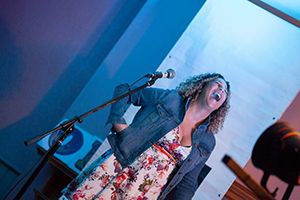

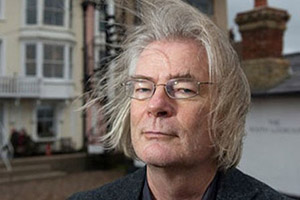
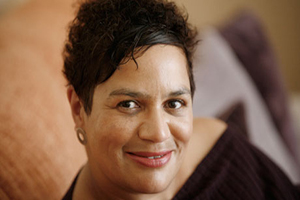
1 comment